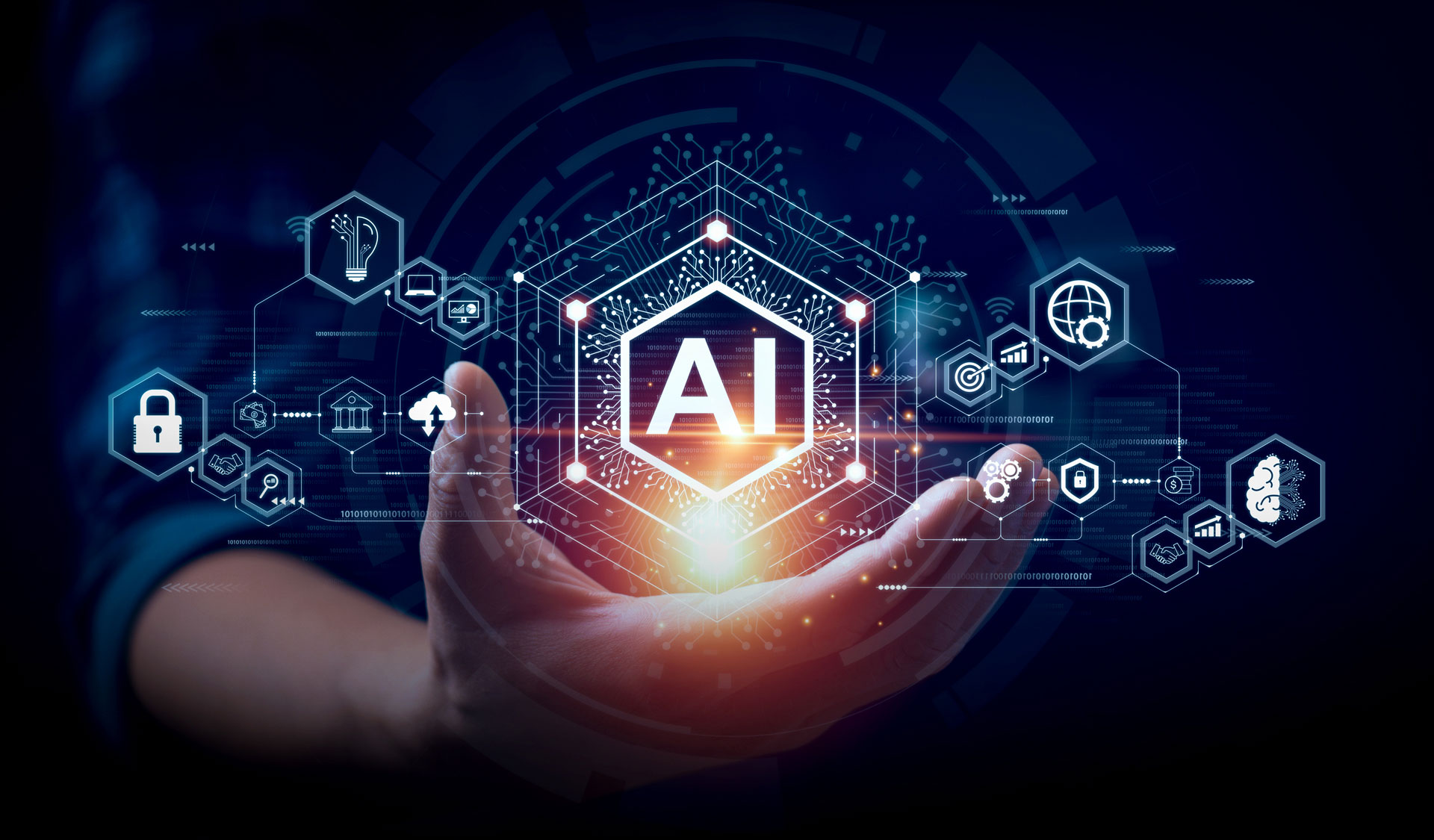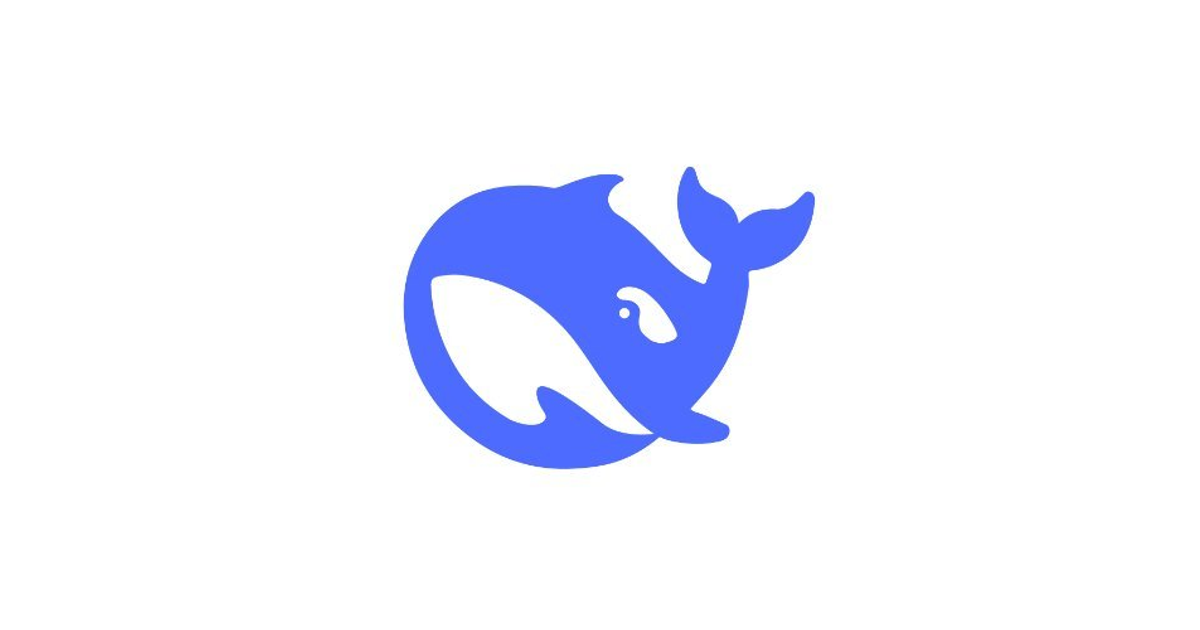
DeepSeep-R1 chatbot, an innovative innovation in the AI world, has just recently triggered an outcry in both the financing and innovation markets. Created in 2023, this Chinese startup rapidly surpassed its competitors, consisting of ChatGPT, and ended up being the # 1 app in AppStore in several nations.

DeepSeek wins users with its low price, being the first sophisticated AI system available totally free. Other comparable big language models (LLMs), such as OpenAI o1 and Claude Sonnet, are presently pre-paid.

According to DeepSeek's designers, the expense of training their model was just $6 million, an advanced small sum, compared to its competitors. Additionally, the design was trained utilizing Nvidia H800 chips - a simplified variation of the H100 NVL graphics accelerator, which is allowed for export to China under US constraints on selling innovative technologies to the PRC. The success of an app established under conditions of limited resources, as its developers claim, became a "hot topic" for conversation amongst AI and business professionals. Nevertheless, some cybersecurity professionals point out possible hazards that DeepSeek might bring within it.
The danger of losing investments by big technology business is currently amongst the most pressing subjects. Since the big language design DeepSeek-R1 first ended up being public (January 20th, 2025), its unprecedented success triggered the shares of the business that purchased AI development to fall.
Charu Chanana, chief financial investment strategist at Saxo Markets, suggested: "The emergence of China's DeepSeek indicates that competition is heightening, and although it may not present a significant danger now, future competitors will develop faster and challenge the established business quicker. Earnings this week will be a substantial test."
Notably, DeepSeek was released to public use nearly precisely after the Stargate, which was supposed to become "the biggest AI infrastructure job in history up until now" with over $500 billion in funding was revealed by Donald Trump. Such timing might be seen as an intentional attempt to reject the U.S. efforts in the AI technologies field, not to let Washington gain an advantage in the market. Neal Khosla, a creator of Curai Health, which utilizes AI to enhance the level of medical help, called DeepSeek "ccp [Chinese Communist Party] state psyop + economic warfare to make American AI unprofitable".
Some tech professionals' hesitation about the announced training cost and equipment utilized to develop DeepSeek may support this theory. In this context, some users' accounting of DeepSeek allegedly recognizing itself as ChatGPT also raises suspicion.
Mike Cook, a scientist at King's College London concentrating on AI, talked about the subject: "Obviously, the model is seeing raw actions from ChatGPT at some time, but it's unclear where that is. It might be 'accidental', but sadly, we have actually seen instances of people directly training their models on the outputs of other designs to try and piggyback off their understanding."
Some analysts also find a connection between the app's founder, Liang Wenfeng, and the Chinese Communist Party. Olexiy Minakov, an expert in interaction and AI, shared his worry about the app's quick success in this context: "Nobody checks out the terms of use and personal privacy policy, gladly downloading an entirely free app (here it is proper to recall the saying about complimentary cheese and a mousetrap). And after that your information is stored and readily available to the Chinese government as you interact with this app, congratulations"
DeepSeek's privacy policy, according to which the users' information is kept on servers in China
The potentially indefinite retention period for users' personal information and ambiguous phrasing regarding information retention for users who have broken the app's terms of use might likewise raise concerns. According to its privacy policy, DeepSeek can get rid of information from public access, however maintain it for internal investigations.
Another hazard lurking within DeepSeek is the censorship and bias of the details it offers.
The app is concealing or supplying deliberately incorrect info on some topics, demonstrating the threat that AI technologies established by authoritarian states might bring, and the impact they might have on the details area.
Despite the havoc that DeepSeek's release triggered, some experts demonstrate suspicion when talking about the app's success and the possibility of China delivering new revolutionary developments in the AI field soon. For example, the job of supporting and increasing the algorithms' capacities might be a difficulty if the technological limitations for China are not raised and AI technologies continue to progress at the very same fast lane. Stacy Rasgon, an expert at Bernstein, called the panic around DeepState "overblown". In his opinion, the AI market will keep receiving investments, and there will still be a need for information chips and data centres.
Overall, the economic and technological changes caused by DeepSeek may indeed show to be a short-term phenomenon. Despite its existing innovativeness, the app's "success story"still has substantial gaps. Not only does it concern the ideology of the app's developers and disgaeawiki.info the truthfulness of their "lower resources" development story. It is also a concern of whether DeepSeek will show to be resilient in the face of the marketplace's demands, and its capability to keep up and overrun its rivals.








